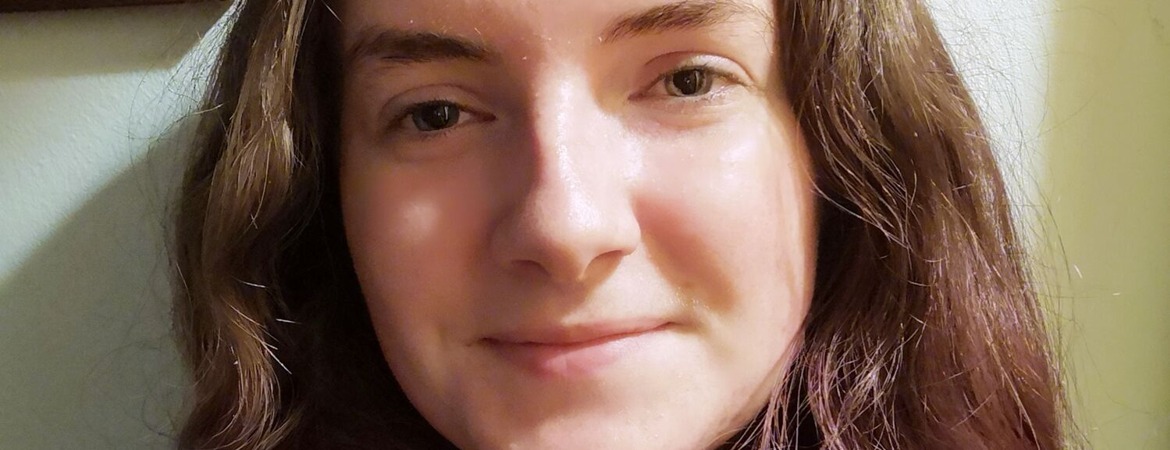Rowena Kaye's column about why positive representation is important to her
Back
Rowena Kaye – is a Year 13 student studying A levels in English Literature, Film Studies and Psychology at Abbeygate Sixth Form College. Here she talks about why positive representation is important to her.
Not one of us is the same. This can, and does make the ability to see yourself in the media lifechanging.
Whether that is someone who looks like you or even someone who thinks in the same strange way that you do, being able to see someone like you on an electronic screen – and beyond - can be the difference between acceptance and rejection from yourself and society.
In my opinion, up until recently, there have limited positive representations of marginalised groups like the as LGBTQIA (Lesbian, Gay, Bisexual, Transgender, Queer, Intersex and Asexual) community on TV.
Very often characters from marginalised groups such as this are seldom the protagonist and their role in the story is restricted to what they represent – I feel they can often been portrayed as a token character – because it is not who they really are that matters to the programme or story.
In ‘The Rocky Horror Picture Show’ (Sharman, 1975) and ‘Call me By Your Name’ (Guadagnino, 2017) the main characters - who are a part of marginalised groups - don’t get the happy ending that they probably deserve.
Instead they often have a damning storyline and find themselves stuck in a mess that no one should have to be in, which fortunately, in reality, isn’t the scenario that many marginalised people find themselves in.
For young people, who you might say are ‘finding themselves’, positive portrayals are vitally important. If something can’t be seen or described, then believing that it is real and deserves respect becomes a whole lot harder – human beings tend to reject what they don’t believe in and are suspicious of the unfamiliar and unknown. However, it isn’t just for those who need the representation to validate themselves; if positive representation is prohibited from flourishing, then denial, fear and hate are permitted to take its place.
For me, I found an aspect of this validation in Mae Martin and Joe Hampson’s ‘Feel Good’ (2020-2021) – a TV show that tells the story of a nuanced and complex relationship between two females in a positive and realistic light. Watching that TV show I saw two people together, happy and laughing in the hazy morning sunlight, and the first thought that came to mind was ‘I would like something like that one day’. This representation can never come from just one source because we, as people, are multifaceted and intricately complex – there are many other media sources in which I have found some sense of kinship too.
For example, I was inspired by Marcus Rashford and his successful campaign for free school meals that essentially was aimed at helping those who need helping the most – and seeing George Webster as the first CBeebies presenter with Down’s Syndrome was also inspirational.
What I’m getting at is that representation is universal and it comes in forms as diverse as we are.
Ultimately, I really think we are headed in the right direction.
Through positive representation in the media, marginalised communities are finally getting the recognition they deserve, and for those who don’t fall into some or all of those categories, we are learning to understand and respect each other’s beautifully unique differences.





